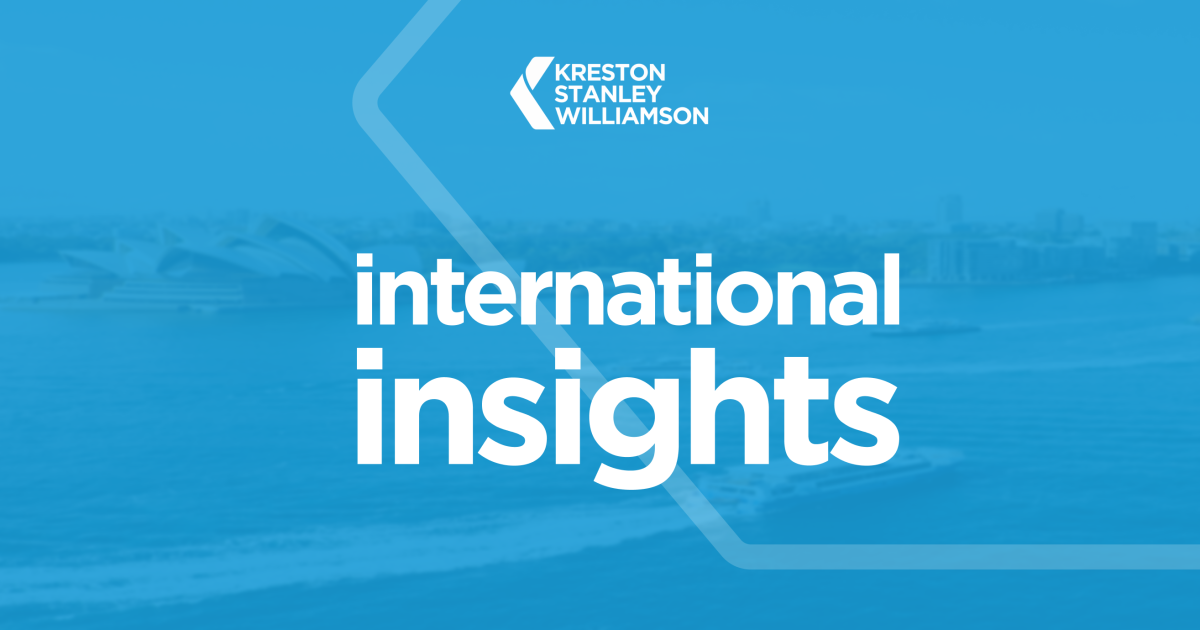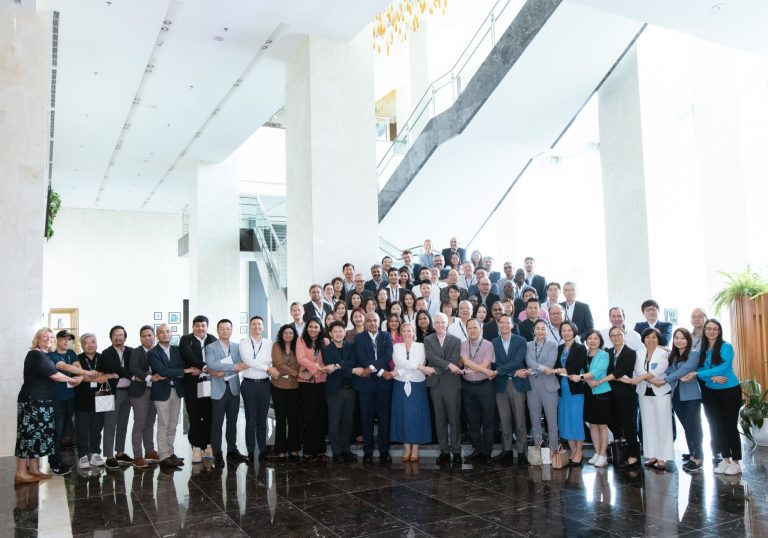REMOVAL OF CGT MAIN RESIDENCE EXEMPTION FOR FOREIGN RESIDENTS
Our May 2017 newsletter summarised the Budget announcement that the main residence exemption from CGT would be removed for foreign residents. Draft legislation and explanatory material are available here.
Prior to the Budget announcement, it was possible in the right circumstances for foreign residents to claim the CGT exemption on a property that had previously been their main residence. Transitional measures mean that this exemption can still be used for properties that were held before 10 May 2017 and disposed of before 30 June 2019.
The determining factor is the tax residency status of the taxpayer when the contract for sale of the property is signed. Foreign residents include Australian citizens and permanent residents who sell their former home while temporarily a foreign resident (eg if they are working overseas for a couple of years).
The CGT exemption would still be available if they re-establish Australian tax residence prior to sale, meaning careful planning before selling a former home is required. As an aside, to get the original full CGT exemption the property cannot be rented out for more than 6 years while temporarily non resident.
COUNTRY BY COUNTRY REPORTING (CBC)
The ATO has confirmed that tax agents can now lodge their clients CbC statements (ie CbC report, master file, and local file) electronically through the Tax Agent Portal. The statements must be lodged with the ATO within 12 months after the end of their client’s tax year.
CbC reporting is a component of the international tax avoidance measures, providing for more comprehensive exchange of information between countries. The measures take effect for income tax years commencing on or after 1 January 2016.
It applies to significant global entities (SGE), which are:
- A global parent entity with annual global income of $1 billion or more, or
- A member of a group of entities consolidated (for accounting purposes) where the global parent entity has annual global income of $1 billion or more.
A subsidiary is not a SGE if it is not included in the consolidated financial accounts of the global parent entity (e.g. on the grounds of materiality or because of an exception from consolidation for investment entities).
An entity must self-assess its SGE status and indicate it in its 2017 income tax return.
TAX RESIDENCE IN AUSTRALIA AND WORKING HOLIDAY MAKERS
Our December 2016 newsletter mentioned the introduction of a new 15% tax rate that applies from 1 January 2017 to the first $37,000 of income of working holiday makers.
The ATO are receiving large numbers of tax returns for working holiday makers where they are incorrectly indicating that they are tax residents of Australia.
Tax residence definitions vary around the world. In Australia, an individual is a tax resident if they satisfy one of the four tests below:
- They “reside” in Australia according to ordinary concepts
- Their domicile is in Australia, and they do not have a permanent place of abode somewhere else
- They have been in Australia for more than half the income year, unless their usual place of abode is outside Australia and they don’t intend to take up residence in Australia.
- They are an eligible employee for the purposes of the Superannuation Act 1976 (this test has very narrow application).
There is a very useful tool on the ATO website that in most cases can determine whether an individual is a resident of Australia for tax purposes.
TAX RESIDENCE OF COMPANIES
The ATO has issued a new draft ruling, TR 2017/D2, dealing with tax residence of foreign companies following the decision by the High Court in Bywater Investments Limited & Ors v Commissioner of Taxation: Hua Wang Bank Berhad v Commissioner of Taxation [2016] HCA 45.
A company that is not incorporated in Australia is a tax resident if it carries on business in Australia and has either:
- Central management and control in Australia, or
- Voting power controlled by shareholders who are residents of Australia
The new draft ruling is intended to provide greater clarity on the central management and control test.
COMPANY TAX RATE REDUCTION
Eligibility for the small business company tax rate of 27.5% has expanded from 1 July 2017 to companies with aggregated turnover of less than $25 million (up from $10 million). The reduced rate will progressively apply to companies with a turnover of less than $50 million by the 2019 financial year, and the rate will then reduce to 25% by the 2027 financial year.
S&W WELCOMES KAMAL THAKKAR
Stanley & Williamson has significantly bolstered it’s auditing capability with the appointment of Kamal Thakkar to the firm earlier this year.
Kamal has come on board as a Director of the firm and brings with him significant experience in audit and assurance services including the following areas;
- External audit and assurance services to private corporates through to public listed and multinational groups;
- Internal audit and SOX compliance
- Due diligence and Independent Expert reports
- Agreed upon procedure and compliance audits;
- Investigating Accountant’s Reports and Public floats
- International Accounting Standards, Corporations Act and ASX Listing Rules interpretation and advice
- Accounting for complex transactions under IFRS and other GAAPs (such as UK and US)
- Financial reporting and financial statement preparation
- Not for profits – setup, advisory, assurance and compliance services
- Systems and technical reviews
- Corporate governance framework and compliance
- Real estate & solicitor’s trust audits
Kamal is a Registered Company Auditor, a Fellow of the Institute of Chartered Accountants in England & Wales (FCA), a Member of the Chartered Accountants Australia & New Zealand (CA) and a Member of the Australian Institute of Company Directors (MAICD).
Don’t hesitate to contact us should you need audit and assurance services in any of these areas.
Kreston Stanley Williamson Team
*Correct as of November 2017
*Disclaimer – this article has been produced by Kreston Stanley Williamson as a service to its clients and associates. The information contained in the article is of general comment only and is not intended to be advice on any particular matter. Before acting on any areas contained in this article, it is imperative you seek specific advice relating to your particular circumstances. Liability limited by a scheme approved under professional standards legislation.














